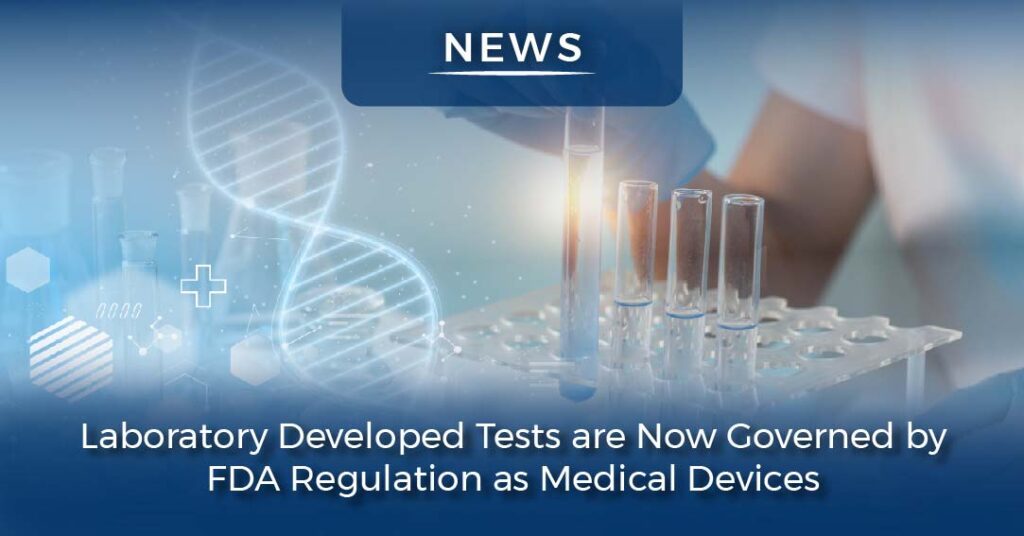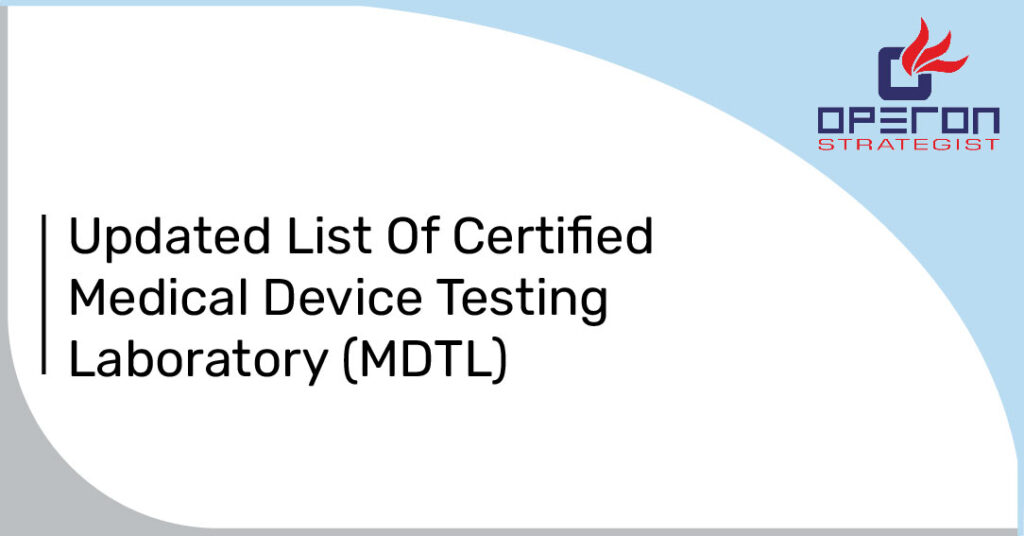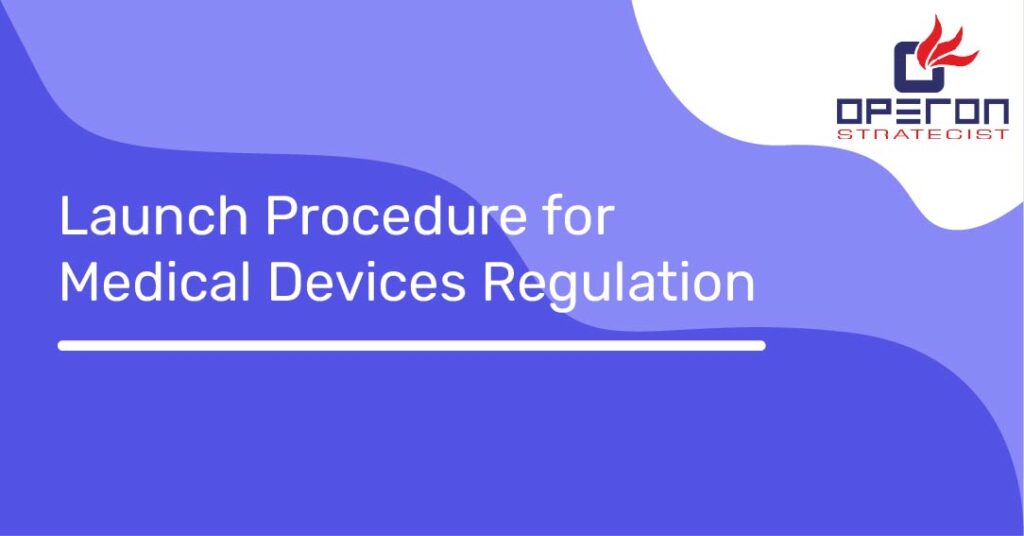FDA's Move to Regulate Laboratory Developed Tests as Medical Devices
In a significant development, the US Food and Drug Administration (FDA) has introduced a groundbreaking rule change that will impact the regulation of Laboratory Developed Tests (LDTs) and In Vitro Diagnostic Products (IVDs). Under these new regulations, LDTs are set to be classified and regulated as medical devices by the FDA.
This proposed rule aims to bring clarity to the FDA’s stance by explicitly stating that In Vitro Diagnostic Products fall under the category of medical devices as defined by the Federal Food, Drug, and Cosmetic Act. Notably, this categorization applies specifically when the IVDs are developed by a laboratory.
FDA Introducing a Novel Policy
The FDA is taking a proactive approach by introducing a novel policy. This policy entails a gradual phasing out of the FDA’s discretionary enforcement discretion when it comes to LDTs. It is important to note that this rule will not be applicable to all existing LDTs currently available on the market.
FDA Commissioner, Robert M. Califf, emphasized the significance of this move, citing the increasing use of clinical diagnostic tests as LDTs and their crucial role in treatment decisions. He pointed out that the accuracy and reliability of these tests have a profound impact on public health, especially considering that 70% of medical decisions today hinge on laboratory test results.
The FDA’s primary concern lies in the potential harm that could arise from inaccurate test results. Patients may inadvertently initiate unnecessary treatments, delay proper treatment, or forego essential medical interventions based on flawed test outcomes.
The FDA’s rationale for this change stems from the evolving landscape of LDTs since the inception of the Medical Device Amendments of 1976. These tests have become more intricate, are conducted at a larger scale to serve diverse patient populations and are integral in guiding healthcare decisions.
Jeff Shuren, Director of the FDA’s Center for Devices and Radiological Health, highlighted the importance of increased FDA oversight. He stressed that both the public, including patients and healthcare professionals, should have confidence in the accuracy and reliability of the tests they rely on. The FDA aims to ensure that these tests adhere to the same stringent standards as other diagnostic tests while allowing test developers the flexibility needed for continued innovation and the advancement of public health.
Conclussion
Evaluate your current laboratory-developed tests and diagnostic products to determine how these changes may affect your operations and compliance efforts.
If you are involved in the development, manufacture, or use of LDTs and IVDs, begin planning for the transition to the new regulatory framework to avoid disruptions in your operations. Contact us now for more information about this news our experts are here in regulatory affairs and medical device compliance to navigate these changes effectively and ensure your products meet the required standards.





